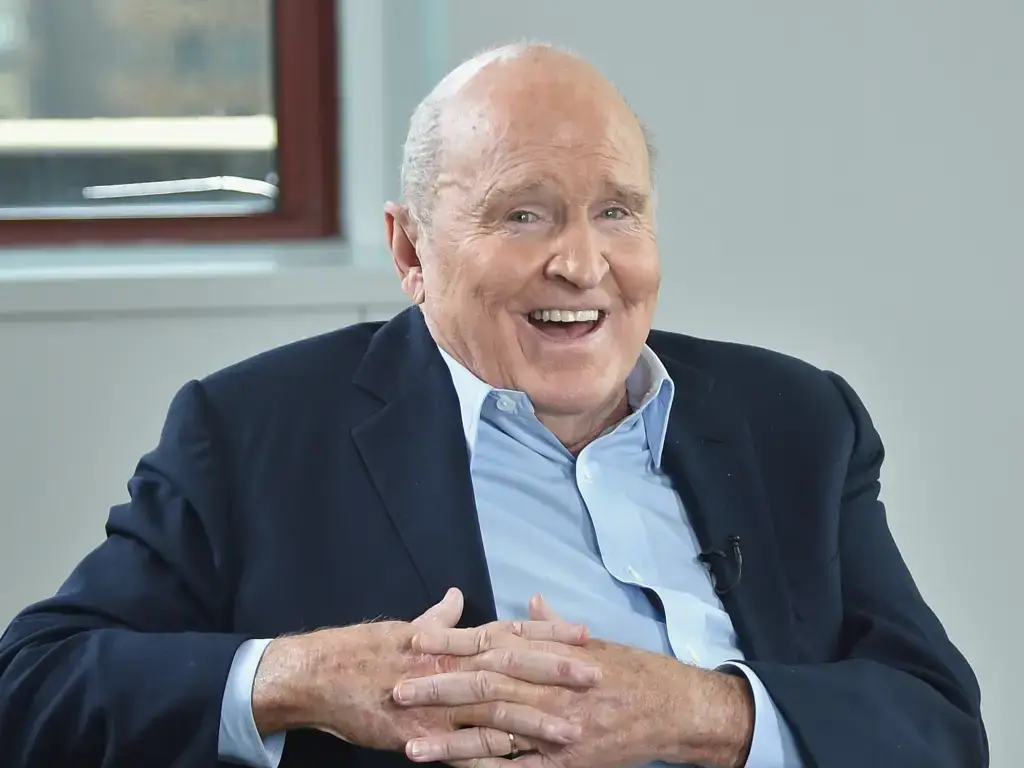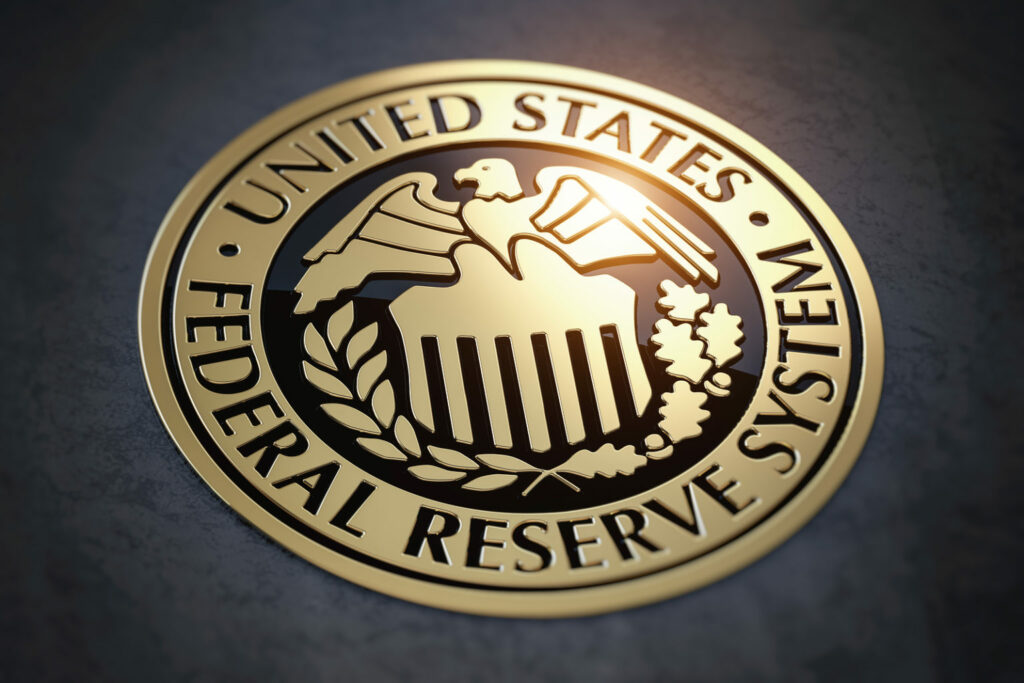What dentists really want from money is the ability to stop thinking about money.
Former GE CEO Jack Welch almost died from a heart attack. Years later, he revealed a surprising realization when asked about his thoughts during what may have been his final moments.
“Damn it, I didn’t spend enough money.” Welch declared. The interviewer, Stuart Varney, couldn’t comprehend the statement and probed for an explanation.
“We all are products of our background,” Welch said. “I didn’t have two nickels to rub together [when I was young], so I’m relatively cheap. I always bought cheap wine.”
After the heart attack, Welch said he “swore to God I’d never buy a bottle of wine for less than a hundred dollars. That was absolutely one of the takeaways from that experience.”
“Is that it?” Varney asks, stunned.
“That’s about it,” says Welch.

I think what many people really want from money is the ability to stop thinking about money. To have enough money that they can stop thinking about it and focus on other stuff. Life. Moments and memories.
Who defines success? You or the world around you?
The American ideal of success has been built almost entirely around ambition, wealth and status. It has been a narrative of triumphing over adversity, rising from rags to riches, and ascending the corporate ladder. Pulling oneself up by the bootstraps, a bigger office, a higher floor, a larger salary, and a better view.
However, the COVID-19 pandemic of 2020 jolted the collective consciousness, prompting unprecedented numbers of individuals to reevaluate their lives. Fifty million Americans abandoned their jobs, while another significant portion of the workforce renegotiated the terms of their employment—when, where, and how they would work. The status quo was reshaped.
The wake-up call of one’s mortality and the lack of clarity for the ultimate success destination left many searching for more meaning and significance and less of society’s benchmarks. They are rejecting the standards that have been the definition of the American Dream for years.
My wake-up realization – taking time for granted
My own story is similar. Rather than a Covid wake-up, mine came from a health crisis with my daughter. Already a survivor of leukemia and epileptic seizures, Jenna, at age 12, was in end-stage liver failure. By the grace of God and a family who generously donated the organs of their daughter, who passed away in a tragic automobile accident, my daughter was given a second chance at life through a complex transplant surgery.
I also received the grace of a second chance—a second chance to reevaluate my priorities. What was my ultimate goal and destination? How was I measuring my success?
I didn’t need more income, higher hourly production, or a greater multiple offer on a practice buyout. I needed TIME. I needed freedom over my time. I needed to convert the value or equity I had created into tokenized time. Time that I wanted to spend with my daughter before it was too late.
Time became my measure of success – not more money or wealth
I sold my dental practice, converted the net equity of the sale into investment real estate that would add additional non-labor required income and allow me to shed the chains of a daily schedule. That was a very freeing moment in many ways. Focusing first on time with Jenna but also having time to think about other aspects of life, hobbies and other interests that had taken a back seat to my driven nature.
Having learned to acquire tangible assets (real estate) before becoming a dentist, those assets produced a steady stream of income that I no longer had to generate, trading my skills at the dental chair. I “had enough” passive income to buy back time – and that’s exactly what I did.
Transforming equity back into time – the path to Freedom
Your situation will be different from mine. Your reason why will be unique to you. But in the end, when you acknowledge that time is and will run out, you will desperately seek to recover more time – to “buy your time back” with the wealth, equity or net worth that you have created.
Converting equity into time is a skill possessed by few. It lies outside the purview of traditional retirement models. Financial advisors and money managers are unfamiliar with this art, and it remains absent from the curriculum of educational institutions. Nonetheless, it is an acquirable skill. By investing my time early on in acquiring income-generating assets, I created an escape route—a Plan B—that afforded me the time I so desperately needed to be with Jenna.
I gave up my drive for a definition of success that didn’t matter to me. It was someone else’s definition. By redefining my priorities, I could live a life with purpose and meaning and without regret. I could invest in what was important to me.
What metrics matter to you? Do you focus on generating wealth, practice production, making memories with family, or giving back to others?
How valuable is your time? How freely do you allow others or society to dictate your time? Ultimately, your family will be the only ones who will remember how hard and long you worked. Think about that.
Clarity and a decision – the first steps to Freedom
Over the last decade, I have had the privilege of working with hundreds of practice professionals, helping them navigate the same path to Freedom I discovered during my daughter’s health crisis.
The themes from those “Blueprint Days” consistently coalesce around qualitative desires and dreams. Docs are looking for a pathway to live life on their terms while they are still young enough to enjoy it. More time with family, travel, missions, impact and legacy. What they lack is the permission and a path to certainty that will give them the confidence to step away from chasing more production and income in the practice.
These practice owners have reached a relatively high level of success defined by personal take-home active income and the materialism to prove it to the public, BUT are nowhere close to the personal sovereignty of having choices and options – still handcuffed to a work schedule that requires that they show up to “do the work” – work they are now often bored of, but must put on a happy face wherever they go because “how could a rich doctor not be happy?” The facade continues. Self-deception or delusion at whose expense?
They have no clue how to “break the chains” from the treadmill of active income production. At some point, usually too late in the game, when the body physically can’t keep up anymore, is when people reach out to me, hat-in-hand, when the reality of their lives is on full display – not to others, but to themselves. A moment of truth. The vulnerability doesn’t feel good – it never does. But that’s the moment it takes to change the dynamics and course correct to what is really important. Humility. “It’s not as good as I wanted it to be.”
Most of us have never had others focus and dig deep into our specific situation (not just financials and investments, but goals, fears, vision for the future). The leverage of having someone else review our situation and identify opportunities is significant.
The relief and energy that comes from having a clear plan to create the future you want for yourself, and your family is life changing, both for practitioners who are early in their career, and those ready to transition to their “next”.
Creating the cash flow needed to be relied upon after jettisoning from the “active income” of your practice is the pathway to buying back time.
So, how much is enough?
This is the issue that is never resolved by the traditional financial planners who recommend continuing to work as long as one is physically able. Market fluctuations and the inability to predict your lifespan create a lack of certainty. The “default” is to continue to work much longer and harder than desired. This comes at the cost of choices and options while you are still young enough to enjoy them.
A model focused on sustainable, predictable returns (vs riding the waves of the markets) combined with definition and clarity of desired outcomes creates the permission needed to make changes to buy back your time without worry.
The epiphany that comes from knowing your numbers and seeing a clear path to your desired future is a game changer.
Becoming your own financial advocate – navigating the future with intention
Headwinds prevail today. Everyone has different opinions on the economy. Some are overhyping fears. Others are downplaying the situation. There are too many variables in the mix for anyone to be able to predict with certainty. This is a very relevant question for anyone who is banking their future (after stepping away from active income) on the markets.
The best position would be to plan for the best economy (“soft landing” on the Federal Reserve rate hikes to dispel inflation) and prepare for the worst (hard recession, high number of layoffs, inflation remains a constant threat as food and energy costs could continue to rise).

Participation is mandatory if you desire autonomy. A non-decision (sticking your head in the sand) is a decision – and a poor one. The default plan calls for abdicating the financial orchestration of your future to advisors who will tie your destiny to the rise and fall of the markets. The action you are “not deciding” on just means you are relinquishing your control over it – but it’s still your choice. No one else will care about you and what matters to you more than you will. No financial advisor, no accountant, attorney or paid consultant. It’s you. Period.
The older one gets, the higher the stakes. There is less time today to recover from missteps or make up for lost time than there was yesterday.
The first step to Freedom is taking radical responsibility for your future. It is not necessary to know all of the answers. It is your responsibility to find the guides and the plan that you choose to build that future upon.
More about the author Dr. David Phelps, DDS
When his young daughter was hospitalized with leukemia, Dr. David Phelps, DDS was able to turn to his alternative investments, step away from his dental practice and be by her side. From this experience, he created Freedom Founders in 2012. This community helps dentists and other professionals take control of their retirement investments to produce passive cash flow, security and live life on their terms. To contact Dr. Phelps, visit www.freedomfounders.com.



